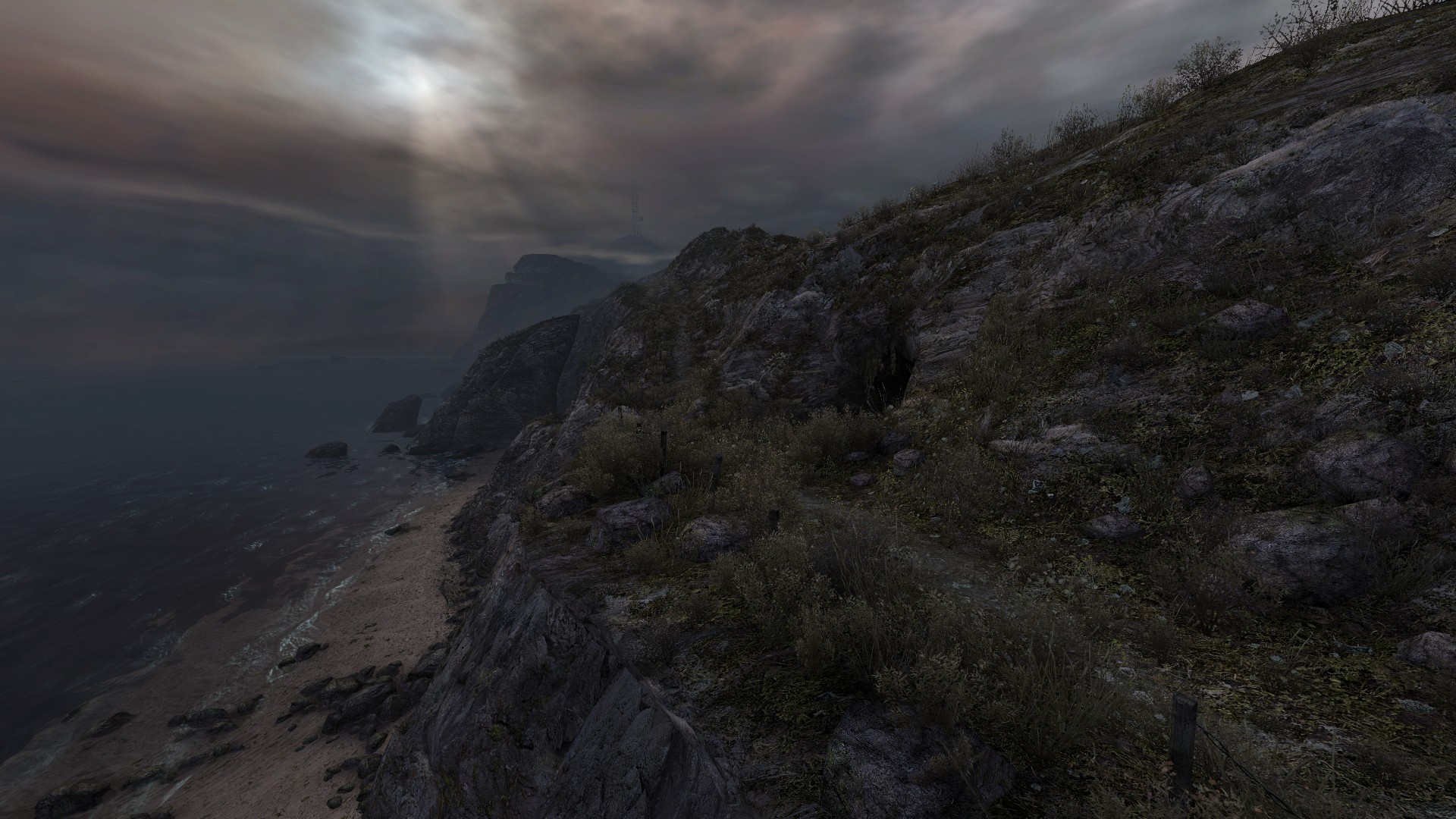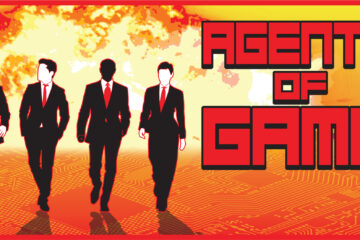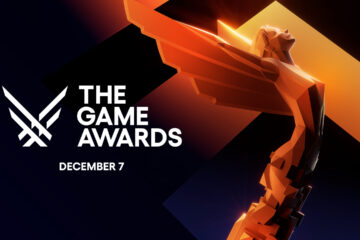We have a special treat for you, as Dave interviews Dan Pinchbeck of The Chinese Room (Everybody’s Gone to the Rapture) about the upcoming release of Dear Esther: Landmark Edition on PS4 and Xbox One. Join in as they chat about the development of this unique game, other upcoming projects, and a few other topics.
Again, we can’t thank Dan enough for taking the time to talk to us less than a week before Dear Esther drops on consoles. If you’re interested, Dear Ester releases Sep. 20th for $9.99.
As always, if you prefer listening via your favorite podcast service, we’re on iTunes, Google Play, and most other fine podcasting services.
Have you ever had an idea that seemed completely unique? That seemed like something you’d never seen before. What did you do with it? Some of you might have simply let it slide, and done nothing with it. Others might have tried looking it up, only to find it wasn’t as original of an idea is they had anticipated. A few of you might have tried to make your idea a reality. The folks at The Chinese Room went the last route, taking an idea, and putting it to the test. Molding it and shaping it over time into a game which is probably unlike anything you’ve ever experienced.If you take the time to venture off the beaten path, you might also find that, in addition to being unconventional, you might also be pleasantly surprised by a jaunt through the world created in Dear Esther.
Dear Esther is often described as being a very different experience. So what exactly is it? Dan notes that “It’s a first-person, story-driven game…I guess it’s a ghost story. It’s a game about love, loss, and redemption. It’s a story-driven experience…it’s a bit of a tough one to describe.”
“It started off in 2007 as a Half-Life 2 mod…there was a lot of talk about the relative importance of story and game-play in games. I was working as an academic at the time, and there was an awful lot of theory, and we kind of thought, ‘do you know what, you can kind of theorize about this all you like, or you can just build it and see if it works.’ So we thought what if we take a game, and take all the game-play out of it, and just leave the story, is that something that will still engage players?”
“It launched onto Mod DB in 2007, and the community really really adopted it, and loved it, and championed it, and that made it feel like there was definitely something there that could be taken forward into a commercial game…”
“It felt like those quiet moments that worked really well in a lot of those games like System Shock, Deus Ex, even Doom, to be honest with you…if those could be expanded out to a full-game experience, that felt like something that was worth pursuing and worth being interested in.”
“It came from a group of people that loved first-person shooters going ‘look, this is a really interesting area in FPS design that is under-explored. We think if you made something in that space it would be good… (we had a) real passion for what we were doing, and a real commitment to drive up the quality in terms of music, art, audio, voice, script as high as we can, but that all comes from a love of games, really…To be honest with you, the commercial version of Esther would never have happened if the modding community hadn’t got behind it so much and supported it so much.”
“We’re gamers as well. It’s not like this is non-gamers making games for gamers. I’ve been a gamer my whole life, three and a half decades I’ve been playing games, ever since I was old enough to put a joystick in my hand. We just wanted to make something good, and make something people would enjoy.”
“You don’t have to go through some sort of intellectual, theoretical, or philosophical process in order to get the game. It’s a game. Just pick it up and enjoy it, and hopefully it’ll speak to you the way it has spoken to hundreds of thousands of other people. That’s all we can really hope for as a developer. You’re just trying to make something good that people can relate to and enjoy, so, yeah, just start playing it.”
Regarding what sets this version apart from what they previously released on Steam, aside from the graphical upgrades “It’s a loving recreation of what’s already there…but you’ve got a director’s commentary on the consoles, which was the first time that Jess and Rob and I had got together since the game released…it was really great to be able to sit down and talk about the game as a group. It was really interesting in terms of finding out things others thought about the game. All of us had moments we went ‘oh, right, I didn’t know that was how you thought about it’, so that was really good.”



